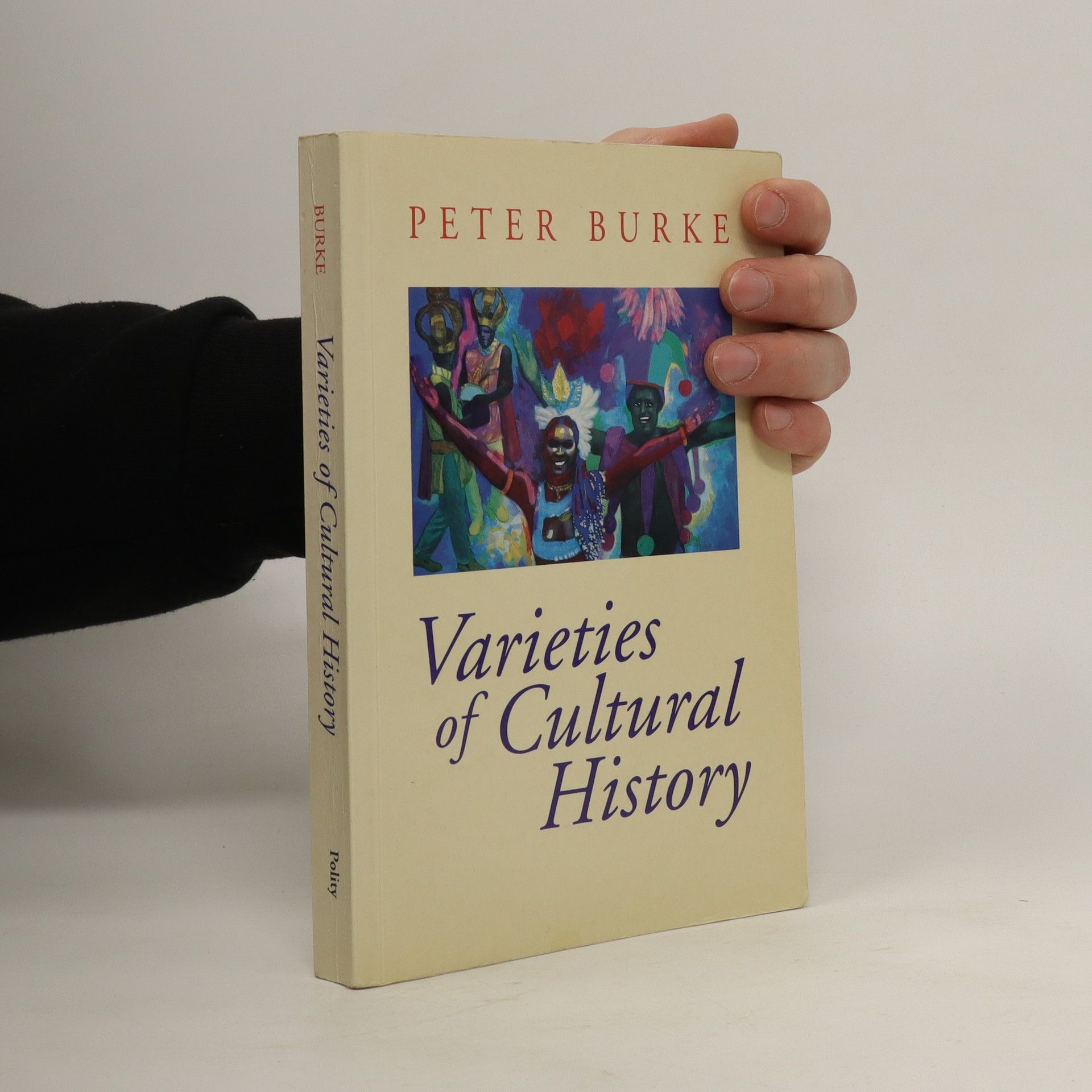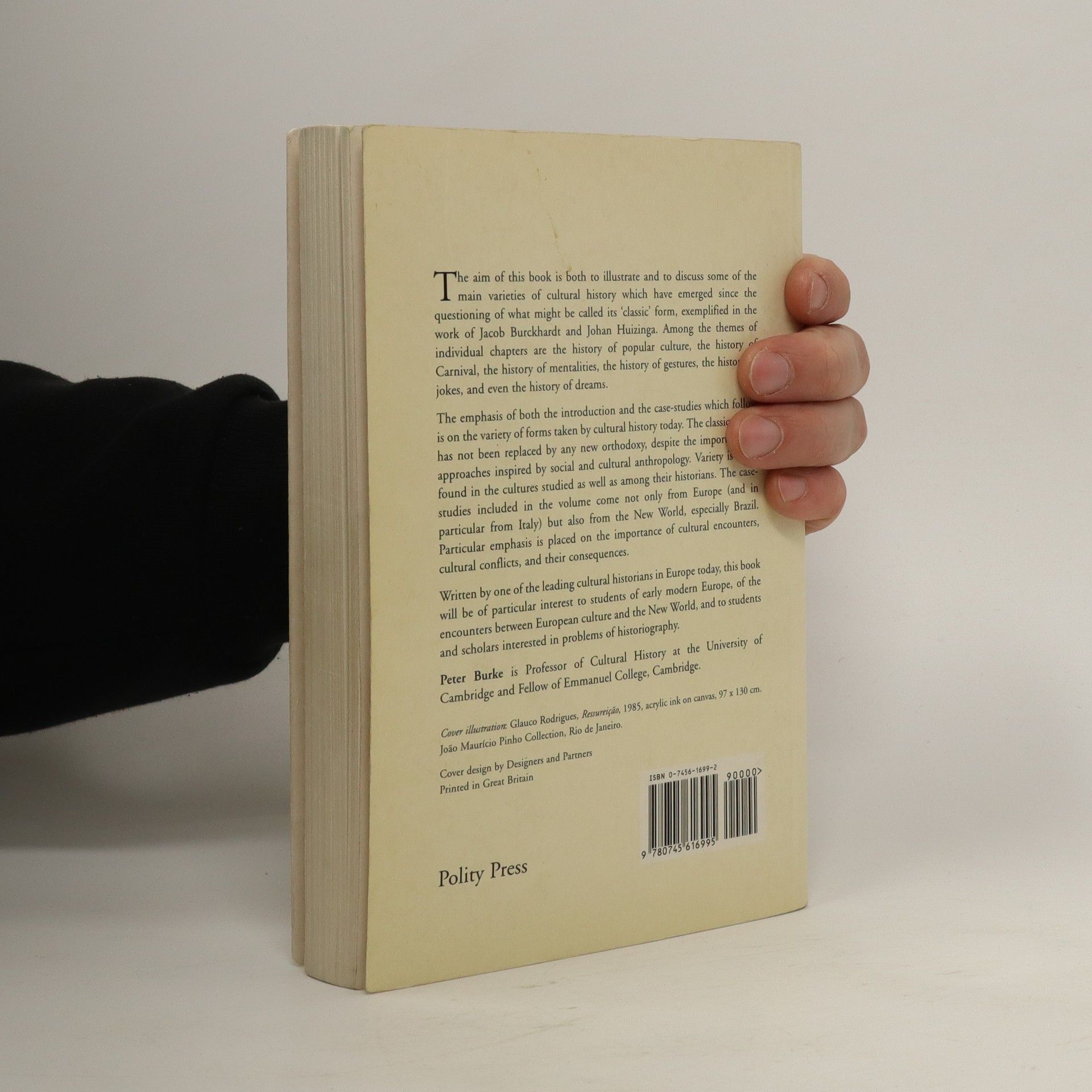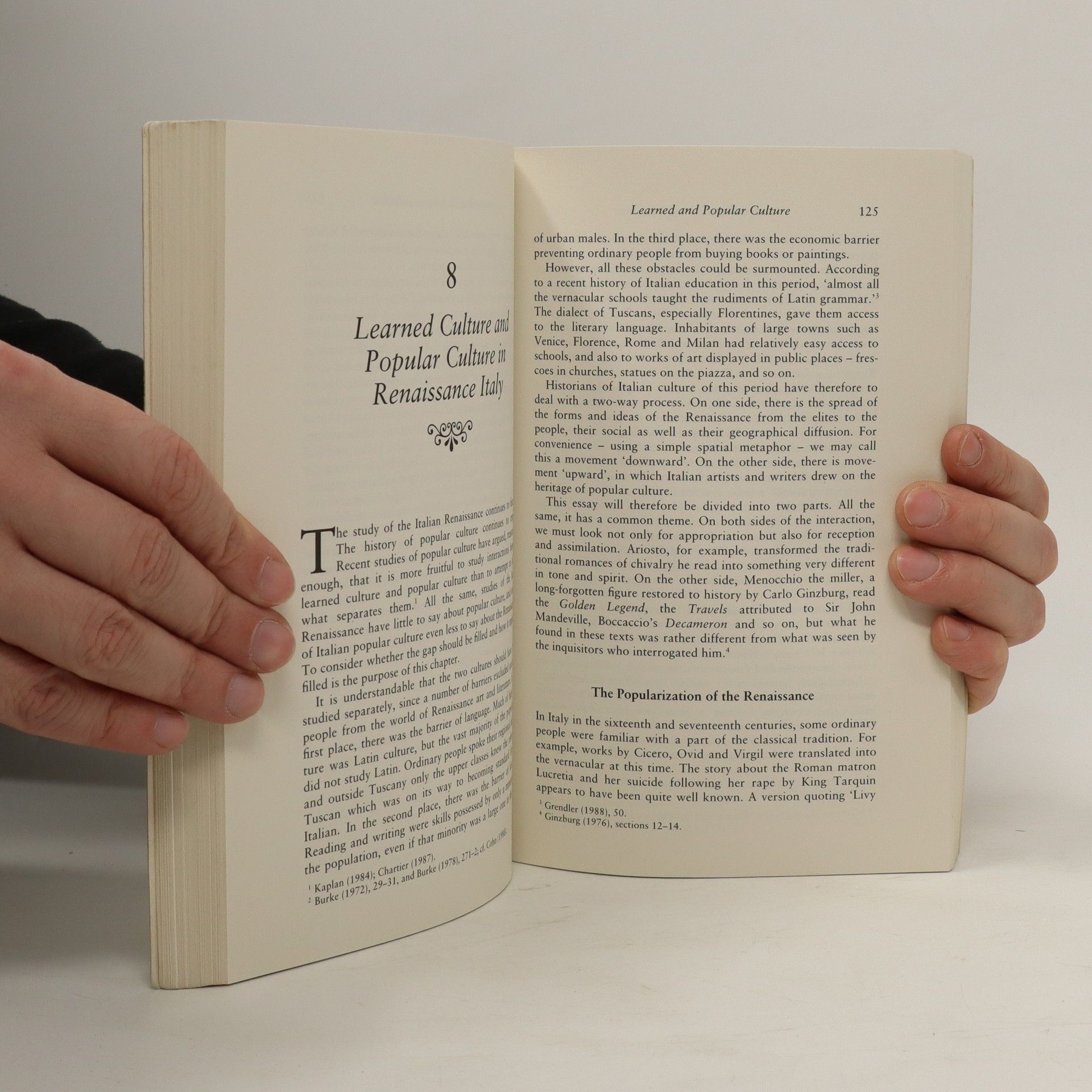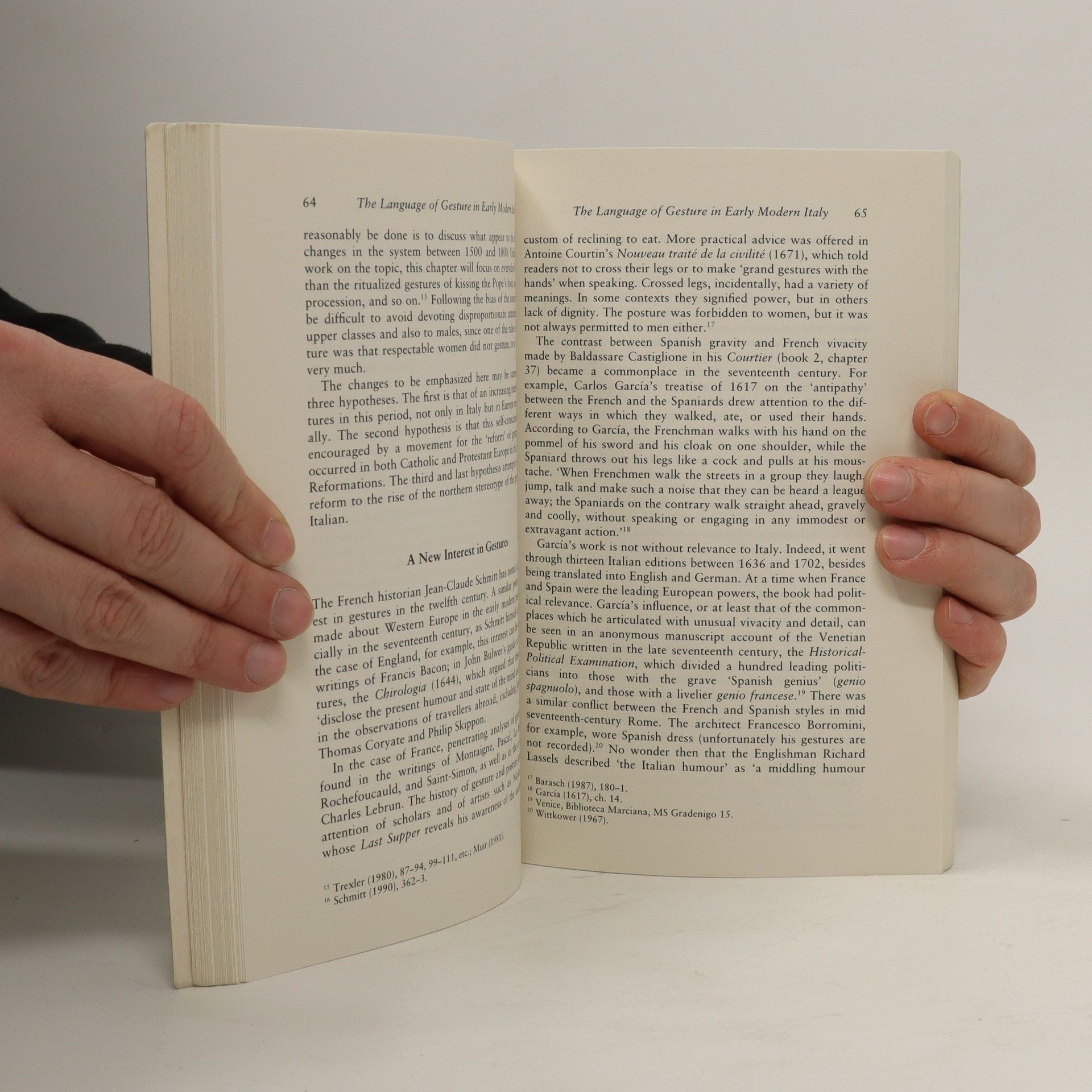Varieties of cultural history
Autoren
Parameter
Kategorien
Mehr zum Buch
The aim of this book is both to illustrate and to discuss some of the main varieties of cultural history which have emerged since the questioning of what might be called its "classic" form, exemplified in the work of Jacob Burckhardt and Johan Huizinga. Among the themes of individual chapters are the history of popular culture, the history of Carnival, the history of mentalities, the history of gestures, the history of jokes, and even the history of dreams. The emphasis of both the introduction and the case-studies which follow is on the variety of forms taken by cultural history today. The classic model has not been replaced by any new orthodoxy, despite the importance of approaches inspired by social and cultural anthropology. Variety is to be found in the cultures studied as well as among their historians. The case-studies included in the volume come not only from Europe (and in particular from Italy) but also from the New World, especially Brazil. Particular emphasis is placed on the importance of cultural encounters, cultural conflicts, and their consequences, whether these consequences should be described in terms of mixing, syncretism or synthesis. Written by one of the leading cultural historians in Europe today, this book will be of particular interest to students of early modern Europe, of the encounters between European culture and the New World, and to students and scholars interested in problems of historiography.
Buchkauf
Varieties of cultural history, Peter Burke
- Sprache
- Erscheinungsdatum
- 1997
Lieferung
Zahlungsmethoden
Deine Änderungsvorschläge
- Titel
- Varieties of cultural history
- Sprache
- Englisch
- Autor*innen
- Peter Burke
- Verlag
- Polity Press
- Erscheinungsdatum
- 1997
- Einband
- Paperback
- ISBN10
- 0745616992
- ISBN13
- 9780745616995
- Kategorie
- Sozialwissenschaften
- Beschreibung
- The aim of this book is both to illustrate and to discuss some of the main varieties of cultural history which have emerged since the questioning of what might be called its "classic" form, exemplified in the work of Jacob Burckhardt and Johan Huizinga. Among the themes of individual chapters are the history of popular culture, the history of Carnival, the history of mentalities, the history of gestures, the history of jokes, and even the history of dreams. The emphasis of both the introduction and the case-studies which follow is on the variety of forms taken by cultural history today. The classic model has not been replaced by any new orthodoxy, despite the importance of approaches inspired by social and cultural anthropology. Variety is to be found in the cultures studied as well as among their historians. The case-studies included in the volume come not only from Europe (and in particular from Italy) but also from the New World, especially Brazil. Particular emphasis is placed on the importance of cultural encounters, cultural conflicts, and their consequences, whether these consequences should be described in terms of mixing, syncretism or synthesis. Written by one of the leading cultural historians in Europe today, this book will be of particular interest to students of early modern Europe, of the encounters between European culture and the New World, and to students and scholars interested in problems of historiography.



